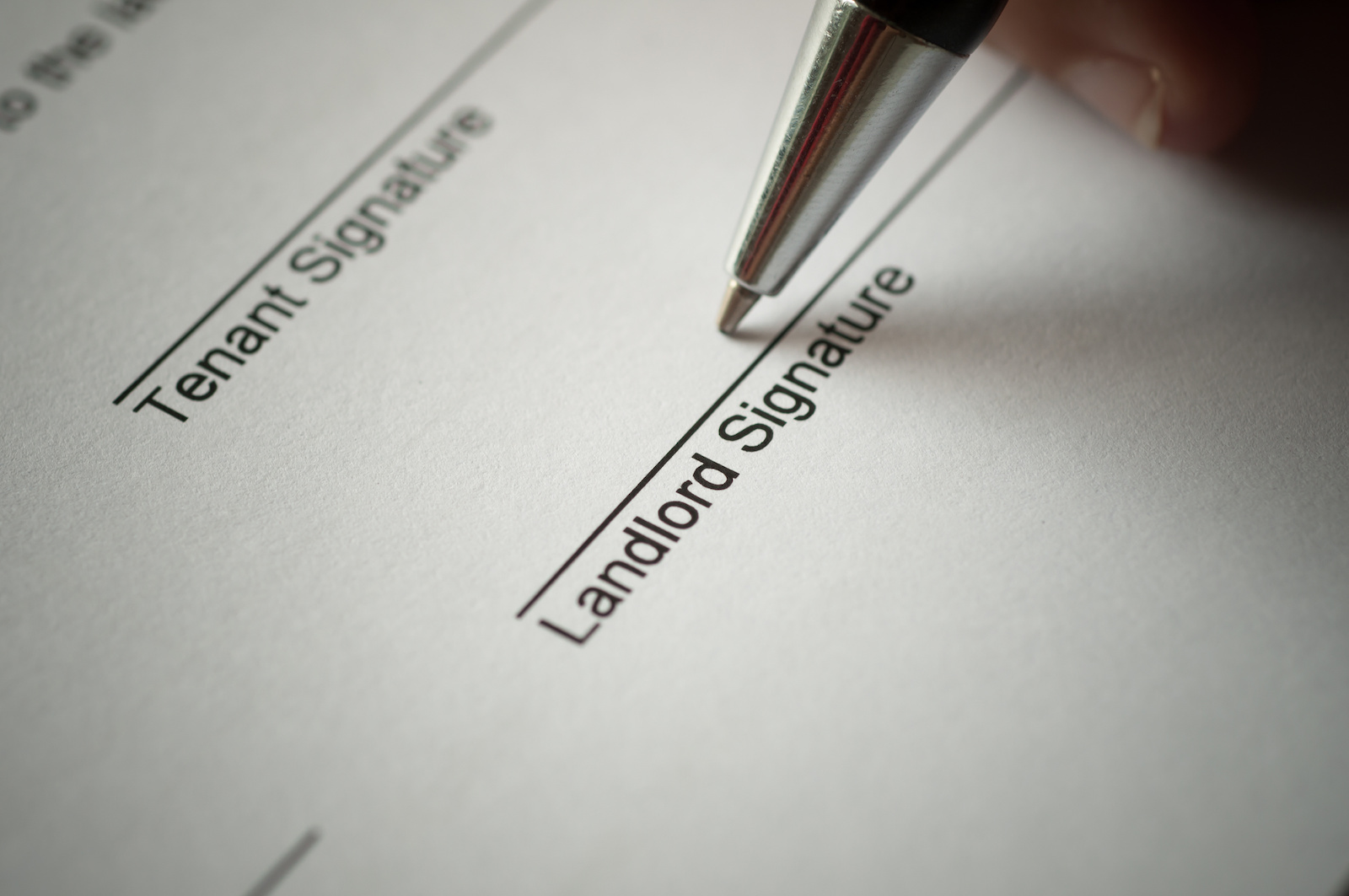Avoiding the Corporate Landlord
Local Rental Regulations Should Consider Issues for the Mom and Pops

In recent years, and in direct response to the rising costs of housing across California, there have been calls to pass legislation intended to improve access to affordable housing across the state. Here in Santa Barbara, these efforts have been galvanized by highly publicized mass evictions of working-class families forced out so that the buildings they were living in could be converted to luxury apartments, condominiums, and similar housing. Often, these evictions were performed by large out-of-town property management corporations who seemed to have little if any interest in the long-term welfare of our city.
Marginalized in this debate about property rights are the voices of small “mom and pop” landlords — owners and property managers who live in Santa Barbara and manage 10 or fewer properties in the area. These landlords are the ones often caught in the crossfire between efforts to regulate the more callous actions of the large corporate property managers, and the righteous outrage of the tenant activist groups seeking to protect renters through the passage of just cause eviction rules, rent control, and similar tenant-focused legislation.
While these new regulations are intended to protect tenants and to prevent the excesses of unscrupulous corporate property managers, there is deep and growing concern among mom-and-pop landlords that these regulations will themselves be counterproductive toward their stated goal of ensuring access to affordable housing. They foresee that these regulations will increase costs, reduce the agency of landlords in selecting tenants, and put a hard cap on rental incomes.
Together, the net result of these proposed regulations will be lower, and perhaps unsustainable, rates of return for mom-and-pop landlords. That in turn could result in more of the units owned by mom-and-pop landlords either being sold or handed over for management by third party firms. Ultimately, there is a fear of greater consolidation of Santa Barbara rental inventory under the control of the very same out-of-town corporations whose actions led to calls for greater tenant protections.
Mom-and-pop landlords’ retirements are usually directly tied up in the equity of our properties, and hence subject to the vagaries of the real estate market and the laws that regulate it. While we, of course, understand that these are the risks we take by owning property, it must be noted that, should net income fall — due to a combination of rising expenses driven by inflation, the implementation of limits on rental increases due to new regulations, and similar issues — then we and many other mom-and-pop landlords could find ourselves being forced to consider selling our rental, as we might not be able to afford to own it any longer.
Should mom-and-pop landlords find they must sell, any new landlords taking over those properties will likely tend to be big investors with the money and business acumen to minimize their expenses and maximize their profits. The obvious fear is that their treatment of tenants — as exhibited by the ugly mass evictions of the recent past at the hands of out-of-town investment companies — may be very different from the more personal, hands-on approach of the local mom-and-pop landlord. We believe that such a turn of events would not be in the best interest of tenants nor the Santa Barbara rental market as a whole.
I am explaining the business aspects of being a Santa Barbara landlord and not looking for sympathy. People think landlords are very wealthy and are raising rents out of greed, but it’s not that way at all. We have to be smart to anticipate future expenses, protect our investment, and do the best we can to provide decent, livable housing to the people of Santa Barbara. We would like to continue to do so, but we fear impending regulation may make that goal impossible.



